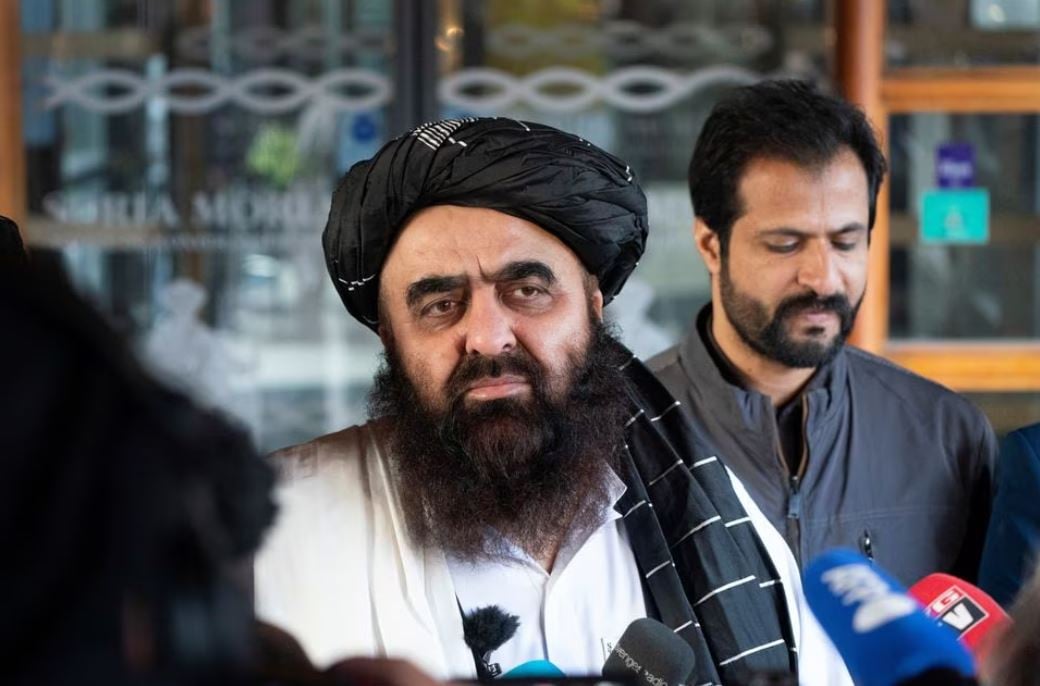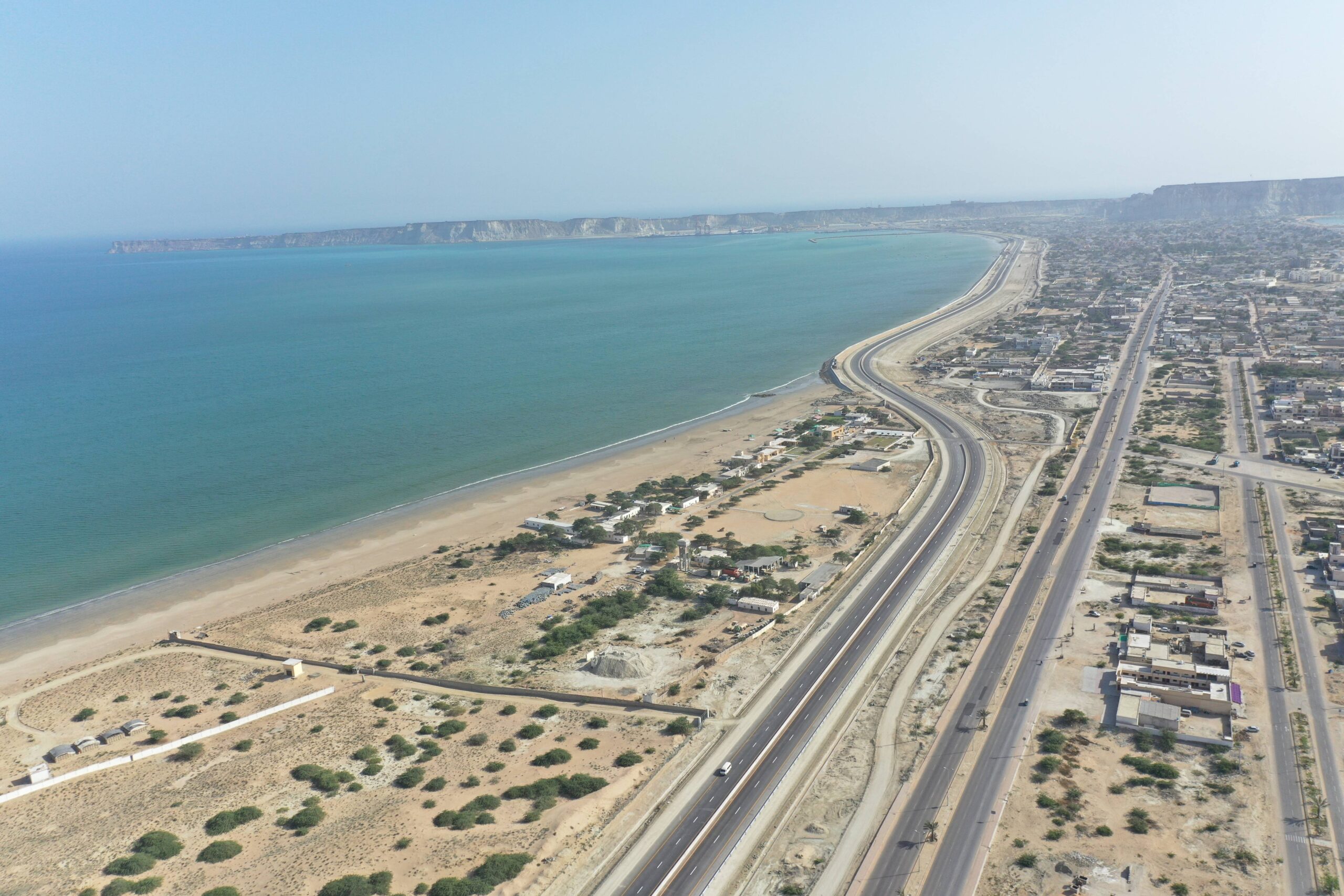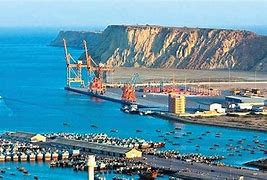UNITED NATIONS: A UN Security Council committee on Monday agreed to allow the Taliban administration’s foreign minister Amir Khan Muttaqi to travel to Pakistan from Afghanistan next week to meet with the foreign ministers of Pakistan and China, diplomats said.
Muttaqi has long been subjected to a travel ban, asset freeze and arms embargo under Security Council sanctions.
According to a letter to the 15-member Security Council Taliban sanctions committee, Pakistan’s UN mission requested an exemption for Muttaqi was to travel between May 6-9 “for a meeting with the foreign ministers of Pakistan and China.”
It did not say what the ministers would discuss. It said Pakistan would cover all costs associated with Muttaqi’s trip.
Chinese and Pakistani officials have both said in the past that they would welcome Taliban-led Afghanistan into the multibillion-dollar China-Pakistan Economic Corridor (CPEC) infrastructure project, part of the Belt and Road Initiative.
Afghanistan sits as a key geographical trade and transit route between South and Central Asia and has billions of dollars of untapped mineral resources. The Taliban seized power in August 2021 as US-led forces withdrew after 20 years of war.
The Security Council committee allowed Muttaqi to travel to Uzbekistan last month for a meeting of the foreign ministers of neighboring countries of Afghanistan to discuss urgent peace, security, and stability matters.
UN Secretary-General Antonio Guterres began a two day meeting on Monday in Doha with special envoys on Afghanistan from various countries that aims “to achieve a common understanding within the international community on how to engage with the Taliban,” UN spokesman Stephane Dujarric said.
Dujarric said the closed-door meeting would discuss key issues key issues, such as human rights – in particular women’s and girls’ rights – inclusive governance, countering terrorism and drug trafficking.
Taking part are China, France, Germany, India, Indonesia, Iran, Japan, Kazakhstan, Kyrgyzstan, Norway, Pakistan, Qatar, Russia, Saudi Arabia, Tajikistan, Turkey, Turkmenistan, United Arab Emirates, Britain, the United States, Uzbekistan, the European Union and the Organisation of Islamic Cooperation.

















